Author of articles by 2024-02-02

Gabriela Štiková

Gambling problems 17.8. · 7 min

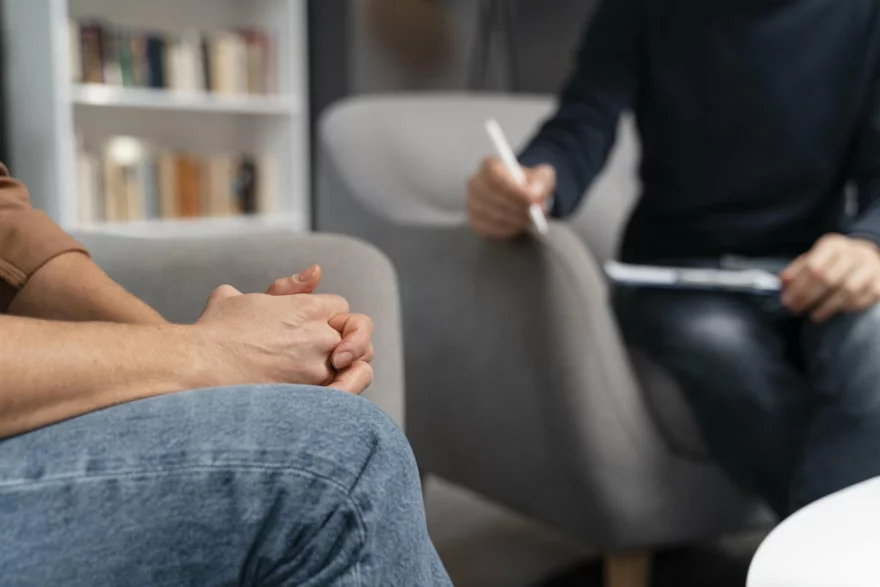
Gambling problems 17.8. · 5 min

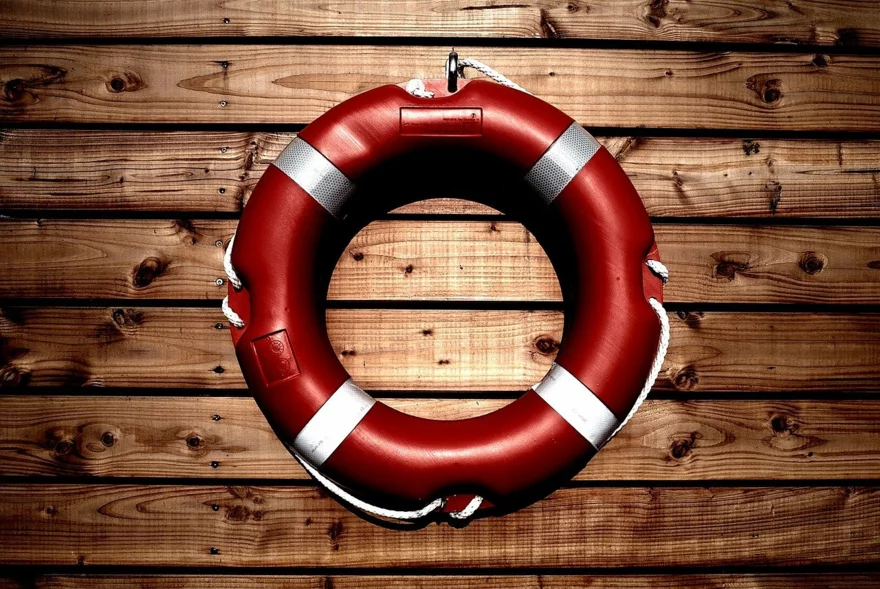
Gambling problems 17.8. · 14 min

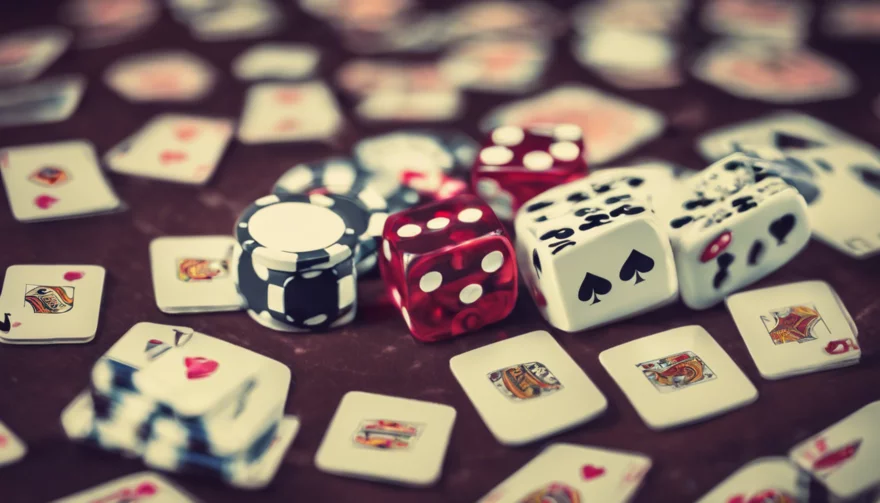
Gambling problems 17.8. · 5 min

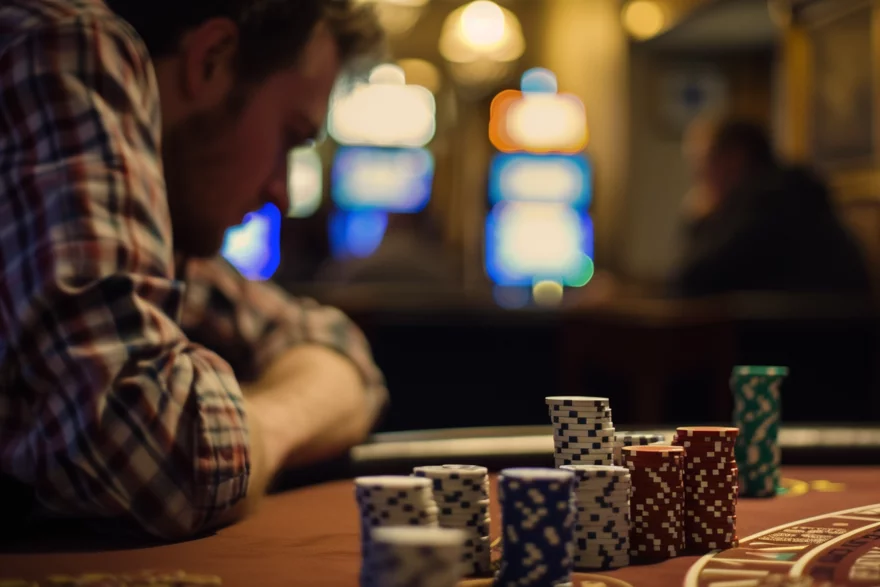
Gambling problems 17.8. · 6 min

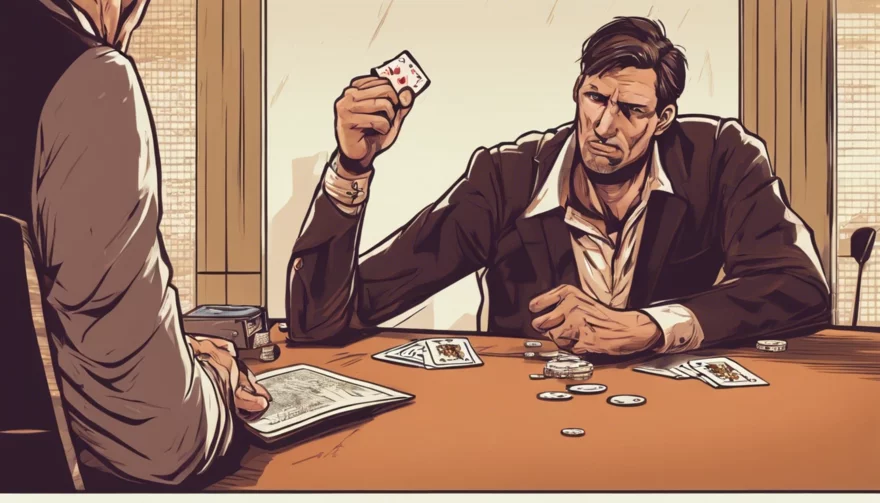
Gambling problems 17.8. · 5 min


Gambling problems 17.8. · 4 min

Comment link copied